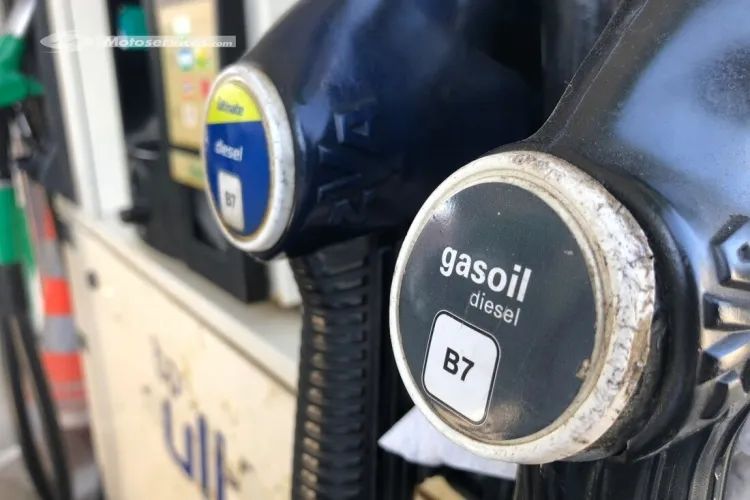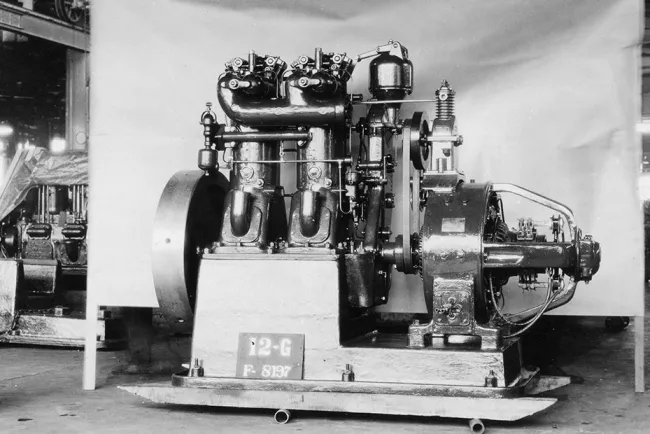Biodiesel Blends B10 and B7: A Step Towards a Greener Future...!!!
B10 and B7 biodiesel blends offer numerous benefits, including reduced emissions, improved engine lubrication, and support for renewable energy sources.

Biodiesel Blends: B10 and B7
Biodiesel is a renewable and biodegradable fuel made from vegetable oils, animal fats, or recycled cooking oils. It can be used in pure form (B100) or blended with petroleum diesel at different concentrations. The blends are typically denoted by "B" followed by the percentage of biodiesel in the mix. For instance, B10 contains 10% biodiesel and 90% petroleum diesel, while B7 contains 7% biodiesel and 93% petroleum diesel. Let's dive into the specifics of B10 and B7 biodiesel blends, their advantages, and their impact on the environment and economy.
Production of Biodiesel
Biodiesel is produced through a process known as transesterification. In this process, vegetable oils or animal fats react with an alcohol (usually methanol or ethanol) in the presence of a catalyst (such as sodium hydroxide or potassium hydroxide) to produce biodiesel (fatty acid methyl esters or FAME) and glycerol. The resulting biodiesel is then blended with petroleum diesel in various proportions to create different biodiesel blends.
B10 Biodiesel Blend
Composition: B10 biodiesel blend consists of 10% biodiesel and 90% petroleum diesel.
Advantages:
-
Reduced Emissions: B10 biodiesel blend can significantly lower greenhouse gas emissions, including carbon dioxide (CO2), particulate matter, carbon monoxide (CO), and sulfur oxides (SOx).
-
Improved Lubricity: Biodiesel provides enhanced lubrication for engine components, reducing wear and extending engine life.
-
Renewable Source: Biodiesel is derived from renewable resources, reducing dependence on fossil fuels and promoting energy security.
-
Biodegradability: Biodiesel is biodegradable and non-toxic, making it safer for the environment in case of spills.

Disadvantages:
-
Cold Weather Performance: B10 biodiesel blend may have lower cold flow properties, which can cause issues in colder climates.
-
Potential Compatibility Issues: Older engines and fuel systems not designed for biodiesel may experience compatibility issues, such as clogged filters or degraded rubber seals.
B7 Biodiesel Blend
Composition: B7 biodiesel blend consists of 7% biodiesel and 93% petroleum diesel.
Advantages:
-
Reduced Emissions: B7 biodiesel blend can help reduce emissions of greenhouse gases and other pollutants, similar to B10.
-
Improved Lubricity: Like B10, B7 biodiesel blend provides improved lubrication for engine components.
-
Compatibility: B7 biodiesel blend is widely accepted and compatible with most modern diesel engines and fuel systems, requiring little to no modifications.
-
Renewable Source: B7 biodiesel is also produced from renewable resources, contributing to reduced fossil fuel dependence and promoting sustainability.
Disadvantages:
-
Cold Weather Performance: While B7 has better cold flow properties than higher blends, it may still face challenges in extremely cold conditions.
-
Potential Cost: Biodiesel blends can be more expensive than traditional diesel due to production costs and availability.
Environmental Impact
Both B10 and B7 biodiesel blends offer environmental benefits, including reduced greenhouse gas emissions and decreased air pollution. By incorporating biodiesel into diesel fuel, these blends contribute to a reduction in the carbon footprint of transportation and other diesel-powered applications. Biodiesel's biodegradable nature also lessens the environmental impact of spills and leaks.
Economic Impact
The use of biodiesel blends like B10 and B7 can have positive economic effects by promoting the domestic production of renewable fuels. This can lead to job creation in the agricultural, manufacturing, and distribution sectors. Additionally, reduced reliance on imported petroleum can enhance energy security and stabilize fuel prices.
B10 and B7 biodiesel blends offer numerous benefits, including reduced emissions, improved engine lubrication, and support for renewable energy sources. While there are some challenges, such as cold weather performance and potential compatibility issues, the overall advantages of biodiesel blends make them a promising option for sustainable and environmentally friendly fuel. By incorporating biodiesel into diesel fuel, we can move towards a cleaner, greener future while supporting economic growth and energy security.
What's Your Reaction?

















